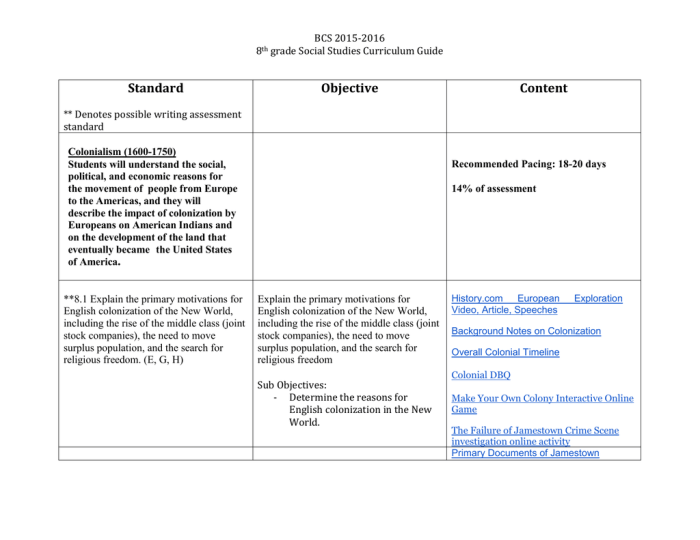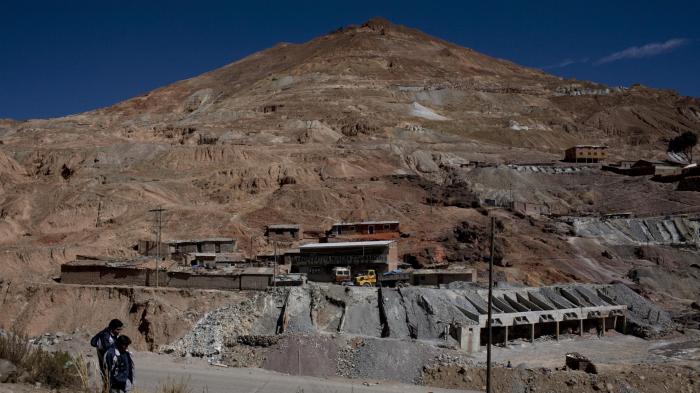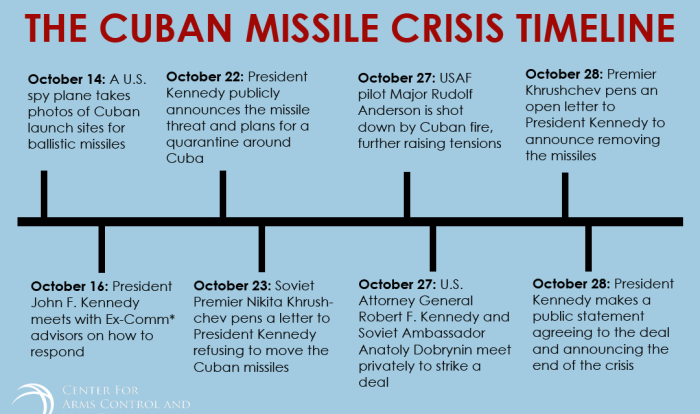Embark on an enlightening journey with the Colonial Beginnings Worksheet Answer Key, an invaluable resource that unlocks the complexities of colonial history. This comprehensive guide unravels the historical context, motives, and far-reaching impact of colonization, providing a profound understanding of its enduring legacy on modern societies.
Delve into the historical tapestry of colonial expansion, exploring the major events and key figures that shaped the establishment of colonies. Discover the diverse motivations that drove European powers to embark on this transformative enterprise, ranging from economic ambitions to political aspirations and religious fervor.
Through a meticulous examination of the impact of colonization on indigenous populations, this guide sheds light on the profound social, cultural, and economic changes wrought by colonial rule.
Historical Context of Colonial Beginnings

The colonial beginnings of a region or nation are often rooted in a complex interplay of historical events and the ambitions of European powers. The establishment of colonies was a major turning point in world history, leading to the spread of European influence and the transformation of societies across the globe.
The era of colonialism began in the 15th century with the voyages of exploration by Portuguese and Spanish navigators. These expeditions sought new trade routes to the East, leading to the discovery of the Americas and the establishment of the first European colonies.
Over the following centuries, other European powers, including England, France, the Netherlands, and Belgium, joined the race for colonial expansion, establishing vast empires that spanned the globe.
The establishment of colonies was driven by a variety of factors, including economic, political, and religious motives. European powers sought to exploit the resources of the colonized regions, establish new markets for their goods, and expand their political influence. The spread of Christianity was also a major factor, as European missionaries sought to convert the indigenous populations of the colonies.
Timeline of Significant Events, Colonial beginnings worksheet answer key
- 1492: Christopher Columbus lands in the Americas, marking the beginning of European colonization.
- 1519: Hernán Cortés conquers the Aztec Empire in Mexico, establishing Spanish rule over much of Central America.
- 1607: The English establish the Jamestown colony in North America, the first permanent English settlement in the New World.
- 1620: The Pilgrims establish the Plymouth colony in North America, seeking religious freedom.
- 1756-1763: The Seven Years’ War between Britain and France results in Britain gaining control of most of North America and India.
- 1776: The American colonies declare independence from Britain, marking the beginning of the American Revolution.
Commonly Asked Questions: Colonial Beginnings Worksheet Answer Key
What is the significance of the Colonial Beginnings Worksheet Answer Key?
The Colonial Beginnings Worksheet Answer Key provides a comprehensive understanding of the historical context, motives, impact, and legacy of colonization, serving as a valuable resource for students, researchers, and anyone interested in exploring this transformative period.
How does the guide address the impact of colonization on indigenous populations?
The guide meticulously examines the social, cultural, and economic changes brought about by colonial rule, shedding light on the profound impact it had on indigenous communities, their resistance, and adaptations.
What is the scope of the Colonial Beginnings Worksheet Answer Key?
The guide encompasses a wide range of topics, including the historical context of colonial beginnings, motives and goals of European powers, impact of colonization on indigenous populations, political and economic structures of colonial societies, and the colonial legacy and its impact on modern societies.

